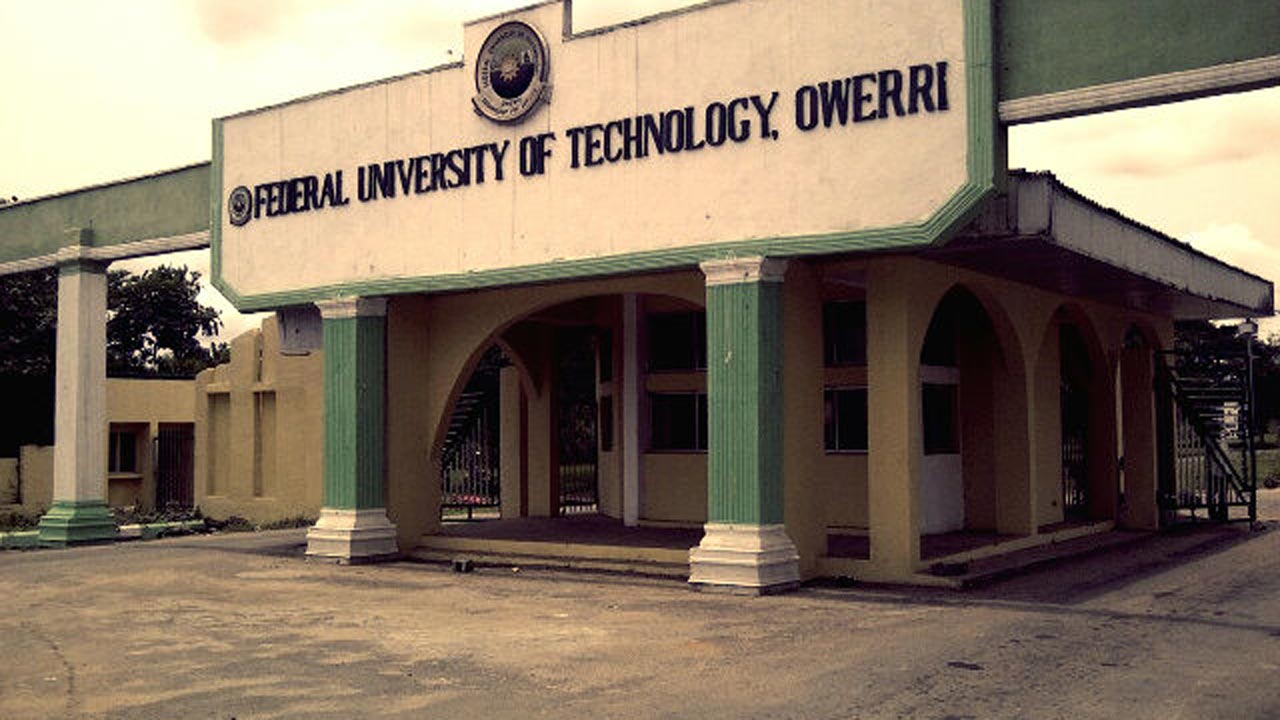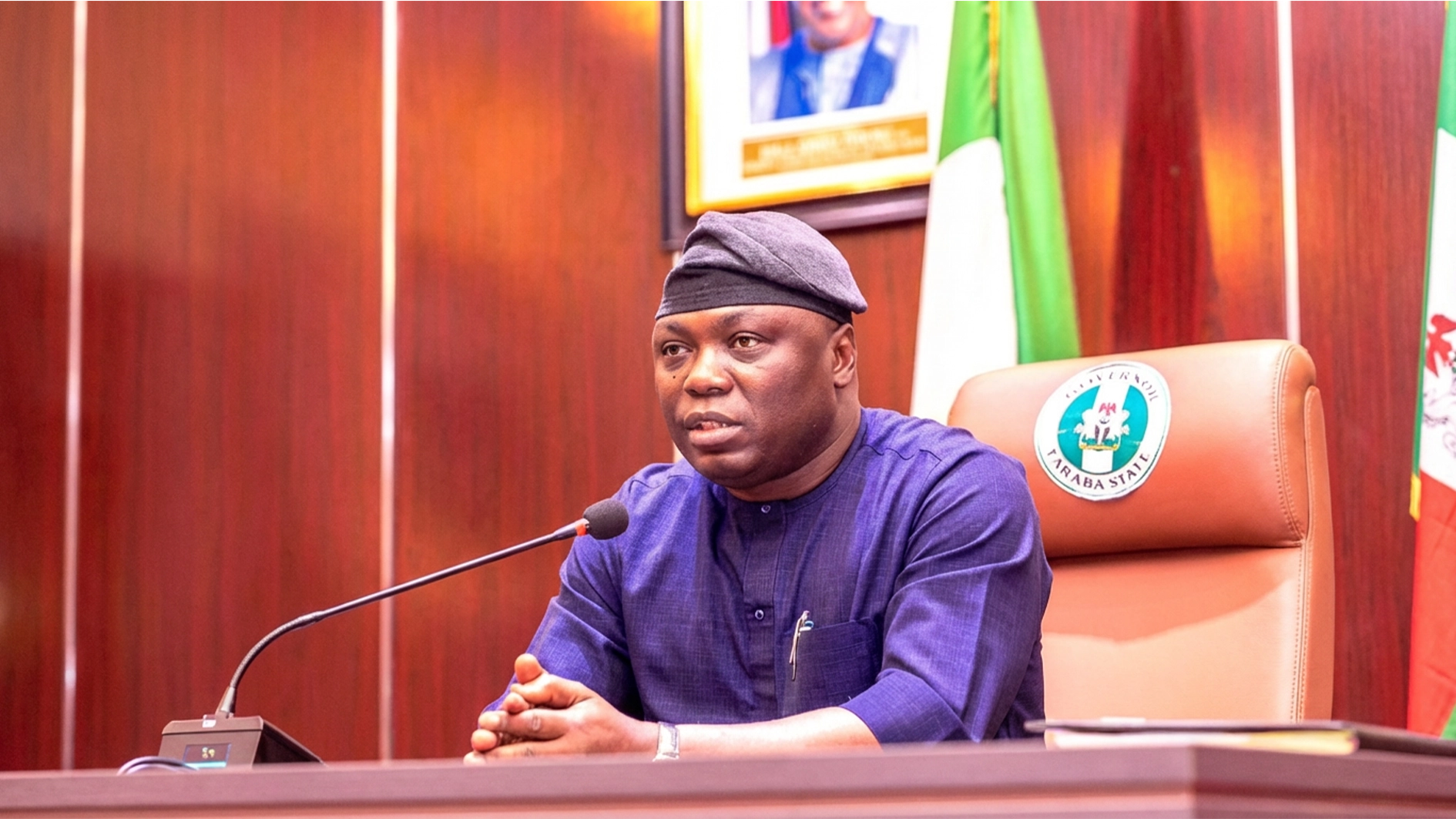Alhaji Aliko Dangote, Founder of the Dangote Group, has called on stakeholders to stop using allegations of monopoly as an excuse to hinder Nigeria’s industrial growth and indigenous investment.
Speaking at the 2025 Inaugural Annual Downstream Petroleum Week, organised by the House of Representatives Committee on Petroleum Resources (Downstream), Dangote, represented by Aliyu Suleman, Group Chief Strategy Officer of Dangote Industries Limited, insisted that “no one is prevented from investing” in Nigeria’s petroleum refining industry.
Dangote criticised the trend of capital flight, saying that many with the financial capacity to build industries at home have chosen to invest abroad instead of contributing to Nigeria’s economy.
“Too many people with the means to build industries chose instead to invest abroad. We decided from afar while adding little value to our economy,” Dangote said.
“We have chosen differently. We have chosen to come to Nigeria. We have chosen to build here, to employ here, to produce here. So let us not use the cry of monopoly to halt growth. No one is prevented from investing.”
He called for policies that encourage local production and competition, urging stakeholders to focus on productivity and innovation rather than weaponising monopoly accusations.
Dangote also announced that his 650,000 barrels-per-day refinery, now Africa’s largest, is capable of meeting all of Nigeria’s diesel and jet fuel demand and up to 90% of its petrol (PMS) needs, based on official consumption figures.
He added that the refinery would soon be listed on the Nigerian Stock Exchange, allowing citizens to invest directly in what he described as a “national asset.”
“Nigeria is now a net exporter of refined petroleum products, polypropylene and urea. This is a historic turnaround. And we’re not getting started. Soon, the Dangote Refinery will be listed, giving Nigerians the opportunity to become shareholders in this national asset.”
He also warned that current government policies on fuel importation, particularly the liberal issuance of import licences, are undermining local refiners and enabling unfair competition from countries like Russia, whose crude oil is sold below market rates due to sanctions.
“Given its potential, this sector must be nurtured and protected. The current import licensing regime, where import licences are issued without considering domestic supply, has exposed domestic refineries to unfair competition. This is because most of these imports come from Russia, and products from Russia are produced with crude that is priced at 25 dollars per barrel, cheaper than Nigerian crude because of the sanctions.
“So, in a way, it is almost like dumping, which hurts domestic refineries. Aside from the crude-for-naira initiative, graciously introduced by Mr President, local refineries lack individual protection or incentives.”






